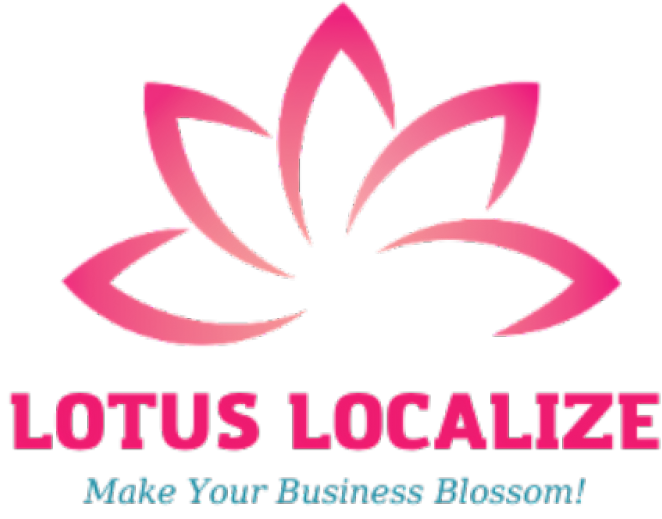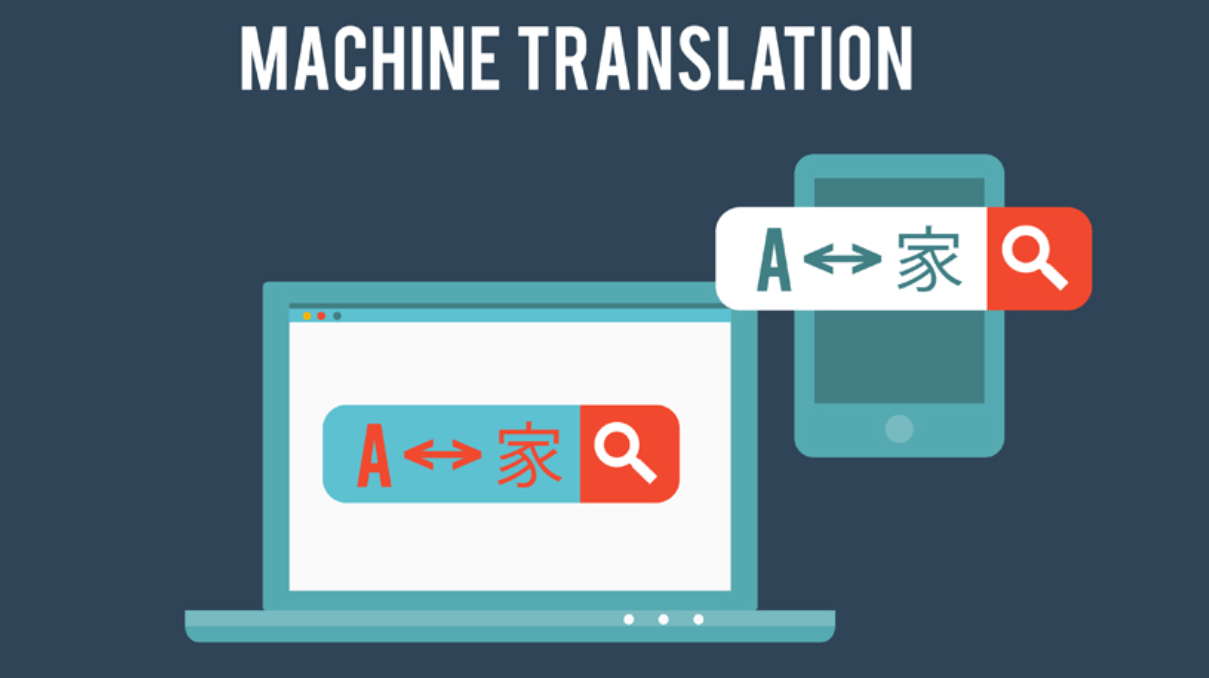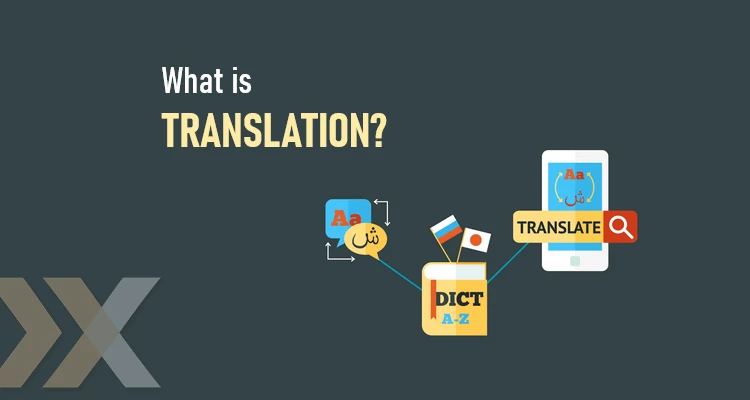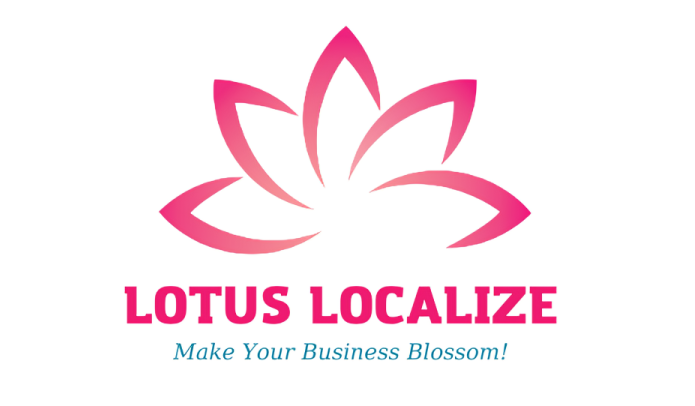
Translator vs interpreter: Key distinctions in language services
In a rapidly globalizing world, seamless communication across languages is essential. Whether you’re navigating international business, engaging in cross-cultural dialogue, or delivering healthcare to non-native speakers, understanding the nuances between translators vs interpreters is crucial. While the two roles may seem similar, they differ significantly in practice and purpose. In this post, we’ll explore what makes translators and interpreters unique, how they contribute to effective communication, and what the future holds for both professions.
What is a translator?
A translator works with written content, converting text from one language to another while maintaining its meaning, tone, and context. The goal is to produce clear, accurate, and culturally appropriate translations that resonate with the target audience.

Common tasks handled by translators include:
- Translating user manuals, legal documents, and books.
- Localizing websites and marketing content for different markets.
- Ensuring translated content aligns with cultural expectations and industry-specific terminology.
Translators typically work with specialized tools such as CAT (computer-assisted translation) software to enhance accuracy and consistency. Their focus is on creating polished, error-free text that reflects the original meaning across languages.
Read more: Why is automotive translation essential for global success in the automotive industry?
What is an interpreter?
An interpreter facilitates spoken communication in real time, enabling conversations between people who speak different languages. They work on the spot, conveying spoken messages accurately and quickly without altering the meaning. Interpreters are crucial in various settings, such as:
- International conferences and meetings.
- Hospitals and legal proceedings.
- Diplomatic events and business negotiations.

Interpreters must think quickly and be adept at conveying tone, intention, and cultural nuance. Unlike translators, they rely solely on their memory and linguistic skills, as there is little time for preparation during live communication.
Core differences between translators and interpreters
Though both professionals break down language barriers, the roles of translators vs interpreters differ in several key areas. Understanding these distinctions is crucial for selecting the right expert based on whether you need written content or real-time spoken communication.
Medium of communication:
- Translators handle written text, such as technical manuals, contracts, or marketing content. They carefully convert documents into another language, ensuring clarity and accuracy. Interpreters, on the other hand, work with spoken language, facilitating conversations during events, meetings, or legal proceedings. Their role requires them to translate on the spot so participants can communicate smoothly.
Pace of work:
- Translators have the luxury of time to research terminology, cross-reference materials, and polish their work. In contrast, interpreters must think on their feet, delivering instant, real-time translation without delay. This fast pace demands quick processing and precision under pressure.

Tools and skills:
- Translators use Computer-Assisted Translation (CAT) tools, glossaries, and dictionaries to ensure consistency across documents. In contrast, interpreters rely primarily on memory, concentration, and cultural awareness, as they have no time to consult external resources while working.
Cultural adaptation:
- Both translators and interpreters need cultural sensitivity, but their focus differs. Translators emphasize localization—adapting written content to align with the cultural expectations of the target audience. Interpreters ensure that the intent and meaning of spoken words are accurately conveyed, taking into account cultural nuances to prevent misunderstandings in conversations.
Whether your need is for written text or spoken communication, understanding the difference between translator vs interpreter helps ensure effective language solutions. Translators excel at delivering polished, localized content, while interpreters thrive in high-pressure environments that require spontaneous verbal translation. Both play crucial roles in bridging cultural and linguistic gaps, and each offers unique strengths based on the situation.
Read more: Understanding the vital role of medical interpreters in healthcare
Different types of translation and interpretation
Effective translation and interpretation services go beyond just knowing two languages. Each situation requires a specialized approach, and understanding the different types of translation and interpretation ensures you select the right method for your needs. From accurately conveying technical content to facilitating spontaneous conversations, both fields encompass diverse formats tailored for specific industries and contexts.
Translation types:
- Literary translation: Focuses on translating books, novels, and poetry, ensuring the essence and style of the original work are preserved.
- Technical translation: Covers technical documents like user manuals, product descriptions, and engineering specifications. Precision is crucial to avoid miscommunication.

- Legal translation: Involves the translation of contracts, regulations, and legal proceedings, requiring both language expertise and legal knowledge.
- Marketing translation (Localization): Adapts advertisements, promotional content, and websites to resonate with local audiences by considering cultural preferences.
Interpretation types:
- Simultaneous interpretation: Provides real-time translation of spoken content, typically used in conferences and large events.
- Consecutive interpretation: The interpreter waits for the speaker to finish before translating, making it suitable for meetings and interviews.

- Whispered interpretation (Chuchotage): A low-volume interpretation method used in small groups, where the interpreter whispers to the listener.
- Over-the-Phone interpretation (OPI): Delivers remote interpretation over calls, ideal for healthcare, customer service, and emergency situations.
Choosing the right type of translation service or interpretation service depends on the nature of your communication needs. Literary works require an artistic touch, while legal translations demand precision and accuracy. Similarly, simultaneous interpretation may suit large conferences, but consecutive interpretation offers a more personal approach for smaller meetings. Whether you need written or spoken language services, understanding these different forms helps ensure effective communication across languages and cultures.
Future trends in translation and interpretation
The language services industry is evolving rapidly, thanks to advances in technology and globalization. Here are some emerging trends:
- AI and Machine translation: AI-powered tools like Google Translate and DeepL are transforming the way translation is done. While these tools speed up the process, human translators are still essential for ensuring accuracy and cultural nuance.
- Remote interpretation: With the rise of virtual meetings and teleconferencing, remote interpretation services are becoming increasingly popular, offering real-time language support across borders.

- Specialization in niche fields: Demand is growing for translators and interpreters with expertise in fields such as healthcare, law, and technology.
- Augmented reality (AR) and wearable technology: New technologies are emerging that integrate interpretation into AR devices and smart glasses, enhancing real-time communication in complex environments.
Lotus Localize: Your partner in professional translation and interpretation
At Lotus Localize, we understand the vital role of both translation and interpretation in global communication. Our expert team provides high-quality services tailored to meet the unique needs of your business, whether it’s translating technical documents, localizing websites, or delivering real-time interpretation for international events.
From precise translations that maintain your brand’s identity to interpreters who facilitate seamless conversations across languages, Lotus Localize is committed to ensuring your message is clearly conveyed and culturally resonant. Let us help you connect with the world, one word at a time.
All in all, both translators and interpreters play pivotal roles in breaking down language barriers. While translators specialize in delivering precise, well-researched written content, interpreters excel in real-time spoken communication, ensuring immediate understanding across languages. Choosing between the two depends on your needs—whether it’s localized documents or dynamic, verbal exchanges.
Ultimately, the debate between translator vs interpreter isn’t about which is better but about selecting the right solution for the situation. Both professions are indispensable in fostering cross-cultural understanding and ensuring seamless communication. As global interactions increase, the demand for these language experts will continue to grow, highlighting the importance of both skills in today’s interconnected world.
Need expert language services? Lotus Localize offers professional translation and interpretation solutions: document translation, book translation, escort interpreting, exhibition and fair interpretation,… ensuring your message resonates—whether in writing or speech. Let us help you bridge linguistic gaps and connect with audiences worldwide.
Contact us today at our hotline or Whatsapp: + 84 866 224 968 or visit the websites: dichthuathoasen.com/en/. Let Lotus Localize accompany you in bringing products, people, and culture to the global stage, and together, we’ll create miracles!
QUALITY PROMISE
At Lotus Localize, we are dedicated to delivering high-quality services and ensuring the utmost satisfaction in every client project. Our team of translators and staff consistently exert effort and adhere rigorously to quality management procedures. This commitment guarantees that each project progresses seamlessly, meets deadlines, and exceeds our clients' expectations.












